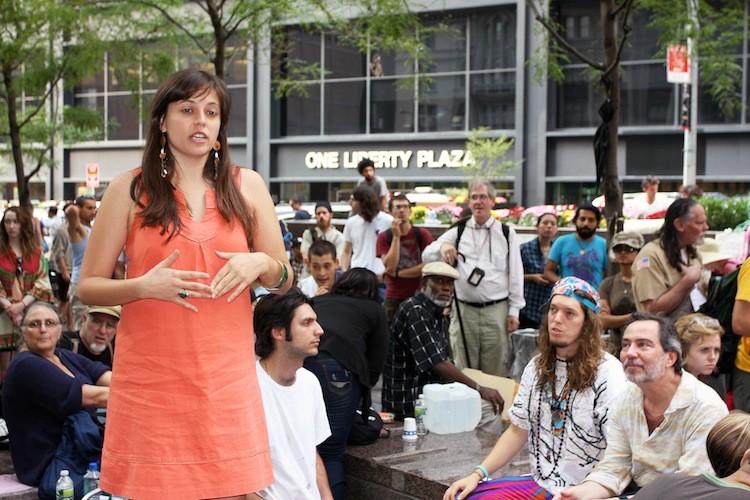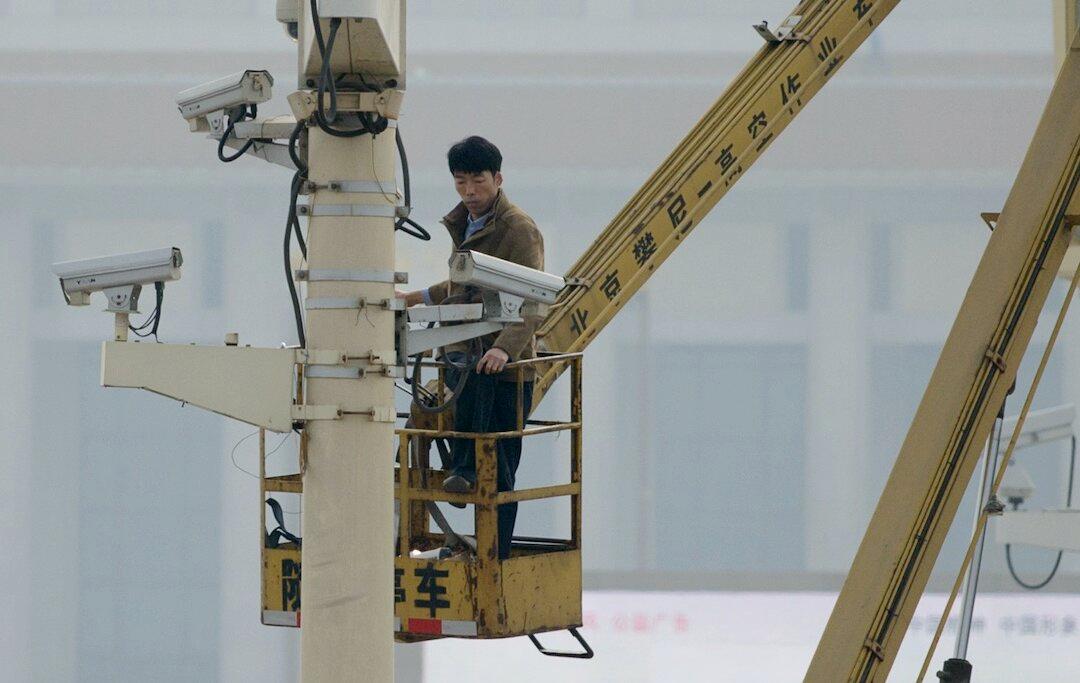A new law titled “Handling Unacceptable Behaviors of the Petitioners” is being protested in a Chinese province as authorities attempt to introduce it to quell dissent.
Under the law people will be condemned, or punished with rehabilitation through labor if they do one of the 14 unacceptable behaviors listed; including, wearing clothes that express grievances, shouting slogans, submitting a written complaint, distributing petition materials, or petitioning to government departments.
Authorities in Shenzhen City, Guangdong Province issued a notice of the new law two weeks ago and have faced a backlash from more than 1,000 protesters to annul the regulation.
Liu Feiyue from the Civil Rights and Livelihood Watch (CRLW) said the law violates human rights and the basic right of freedom. The Chinese Constitution grants people the right to petition and appeal, including the right to petition by parade, demonstration, and assembly.
Liu wrote a public letter on Nov. 19, demanding the Shenzen authorities to abolish the regulations. He said the current petitioners include appellants from the Shanghai, Wuhan, and Beijing regions, many of whom are victims of legal cases, veterans, teachers, human rights activists, lawyers, and scholars.
“We are afraid that [this new law] is being used to test how people react, so that similar laws might be passed in other major cities,” Liu said.
He said many Chinese media sources reported on the new law as soon as it was announced.
On March 23, 2009, China News Weekly reported that Sun Dongdong, head of Peking University’s forensics department, said that “at least 99 percent of China’s petitioners are mentally ill and paranoid,” and that he supports “the forced hospitalizations of mentally ill petitioners.”
Sun’s statements had caused many protests, and Beijing authorities ordered a large scale search and arrests of petitioners around the country.
“The current imprisonment, rehabilitation through labor, and condemning of the petitioners are intense enough. It will be a human rights disaster and very harmful to the petitioners if this law is put into effect,” said Liu.
The notice was jointly issued by the Shenzhen Intermediate People’s Court, Shenzhen People’s Procuratorate, Shenzhen Public Security Bureau, and the Shenzhen Municipal Justice Bureau .
Read the original Chinese article
Under the law people will be condemned, or punished with rehabilitation through labor if they do one of the 14 unacceptable behaviors listed; including, wearing clothes that express grievances, shouting slogans, submitting a written complaint, distributing petition materials, or petitioning to government departments.
Authorities in Shenzhen City, Guangdong Province issued a notice of the new law two weeks ago and have faced a backlash from more than 1,000 protesters to annul the regulation.
Liu Feiyue from the Civil Rights and Livelihood Watch (CRLW) said the law violates human rights and the basic right of freedom. The Chinese Constitution grants people the right to petition and appeal, including the right to petition by parade, demonstration, and assembly.
Liu wrote a public letter on Nov. 19, demanding the Shenzen authorities to abolish the regulations. He said the current petitioners include appellants from the Shanghai, Wuhan, and Beijing regions, many of whom are victims of legal cases, veterans, teachers, human rights activists, lawyers, and scholars.
“We are afraid that [this new law] is being used to test how people react, so that similar laws might be passed in other major cities,” Liu said.
He said many Chinese media sources reported on the new law as soon as it was announced.
On March 23, 2009, China News Weekly reported that Sun Dongdong, head of Peking University’s forensics department, said that “at least 99 percent of China’s petitioners are mentally ill and paranoid,” and that he supports “the forced hospitalizations of mentally ill petitioners.”
Sun’s statements had caused many protests, and Beijing authorities ordered a large scale search and arrests of petitioners around the country.
“The current imprisonment, rehabilitation through labor, and condemning of the petitioners are intense enough. It will be a human rights disaster and very harmful to the petitioners if this law is put into effect,” said Liu.
The notice was jointly issued by the Shenzhen Intermediate People’s Court, Shenzhen People’s Procuratorate, Shenzhen Public Security Bureau, and the Shenzhen Municipal Justice Bureau .
Read the original Chinese article






